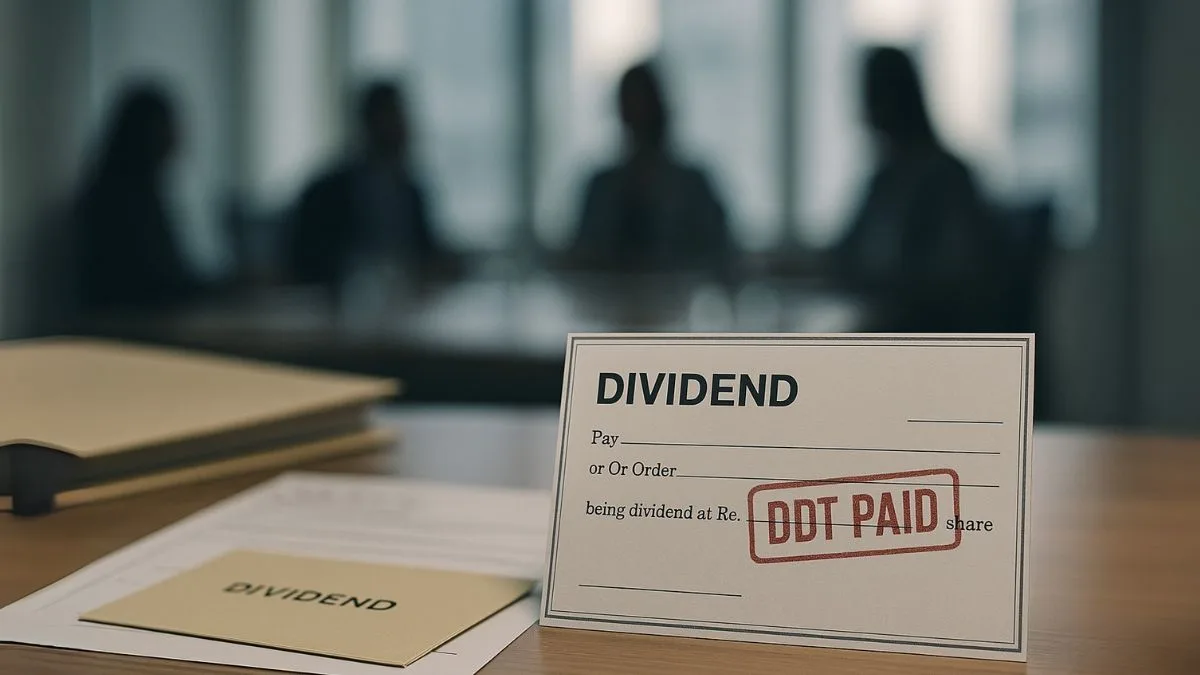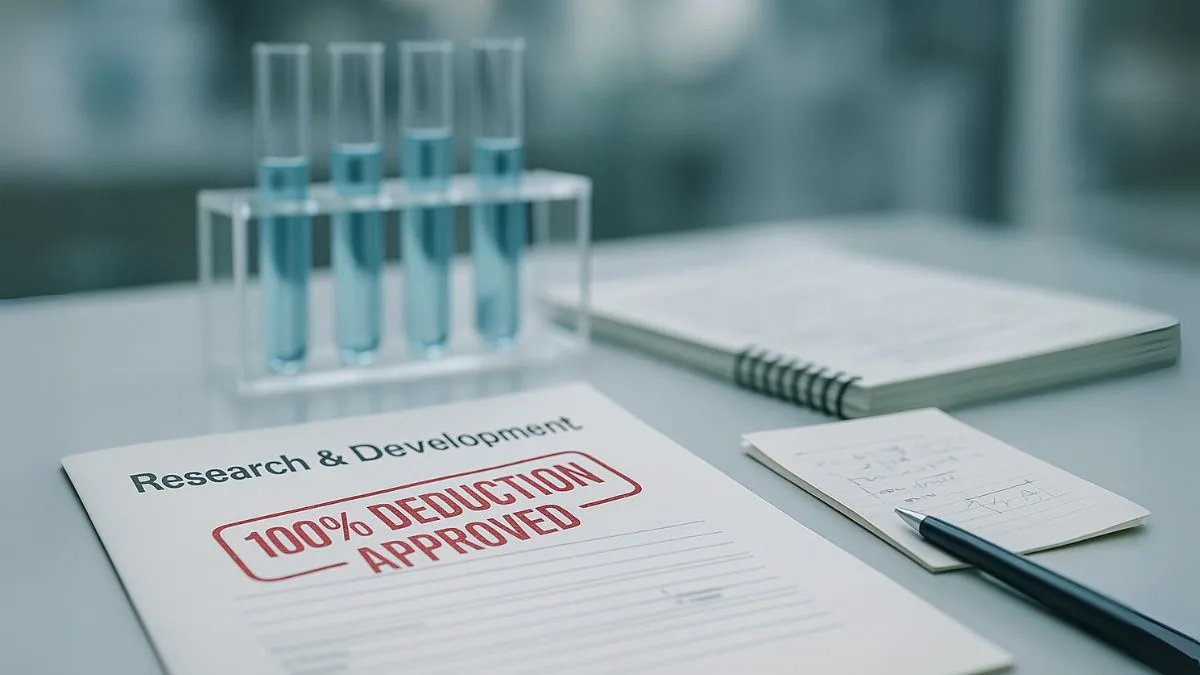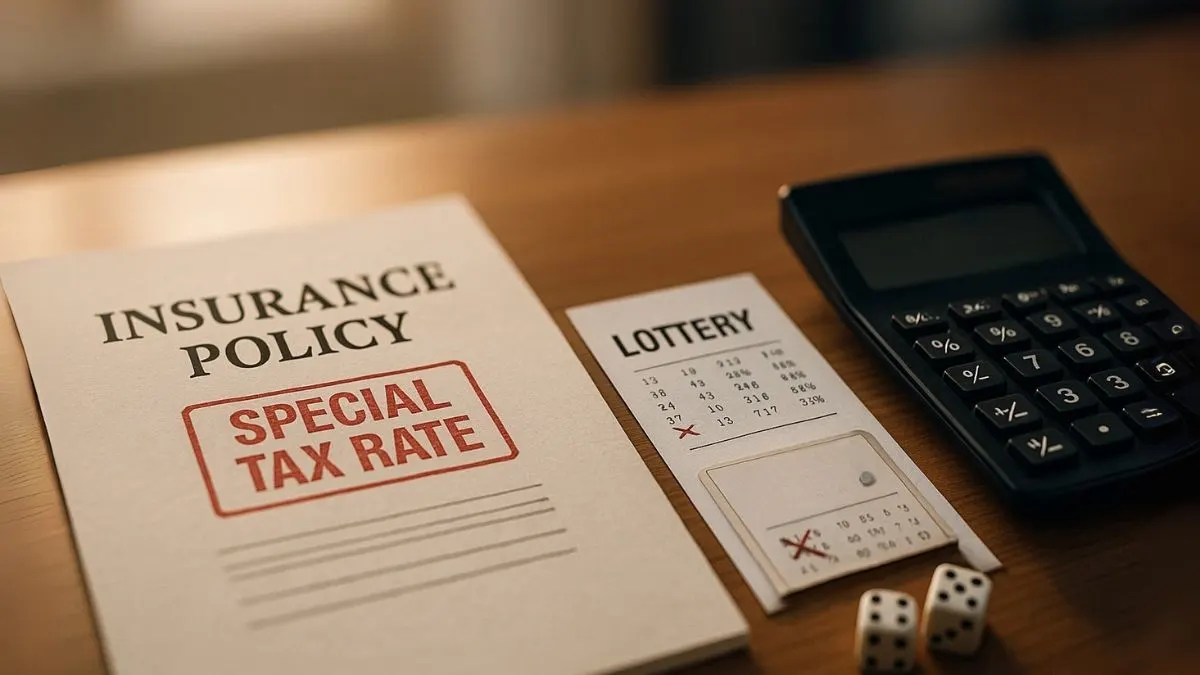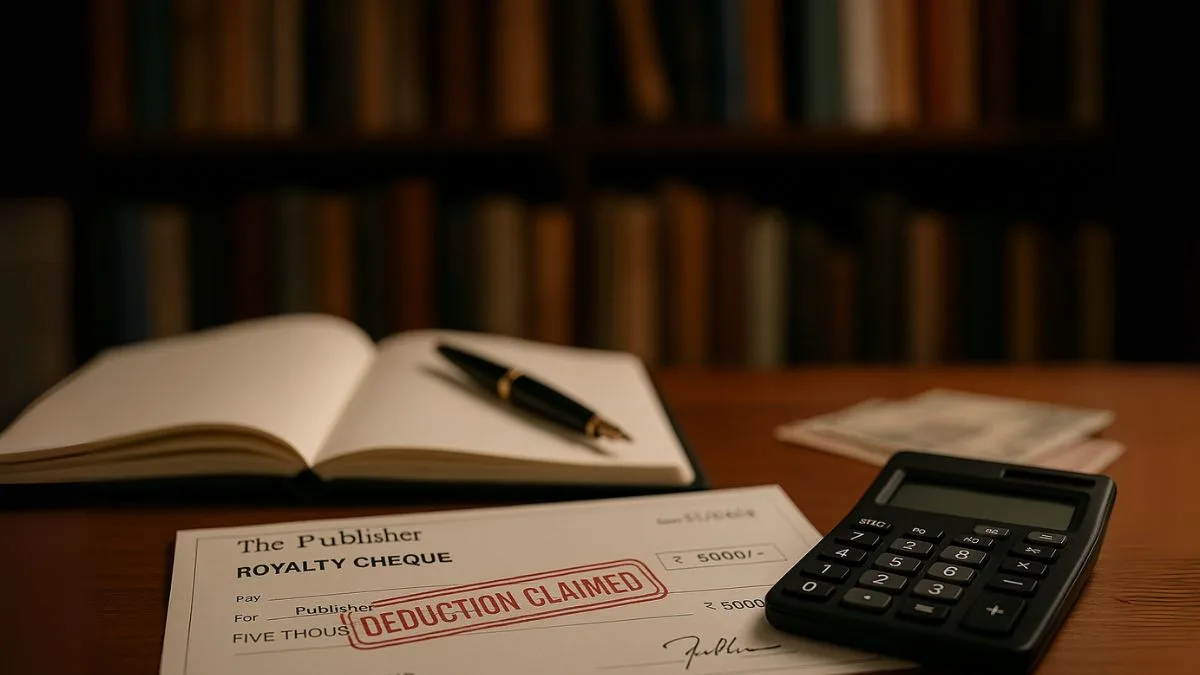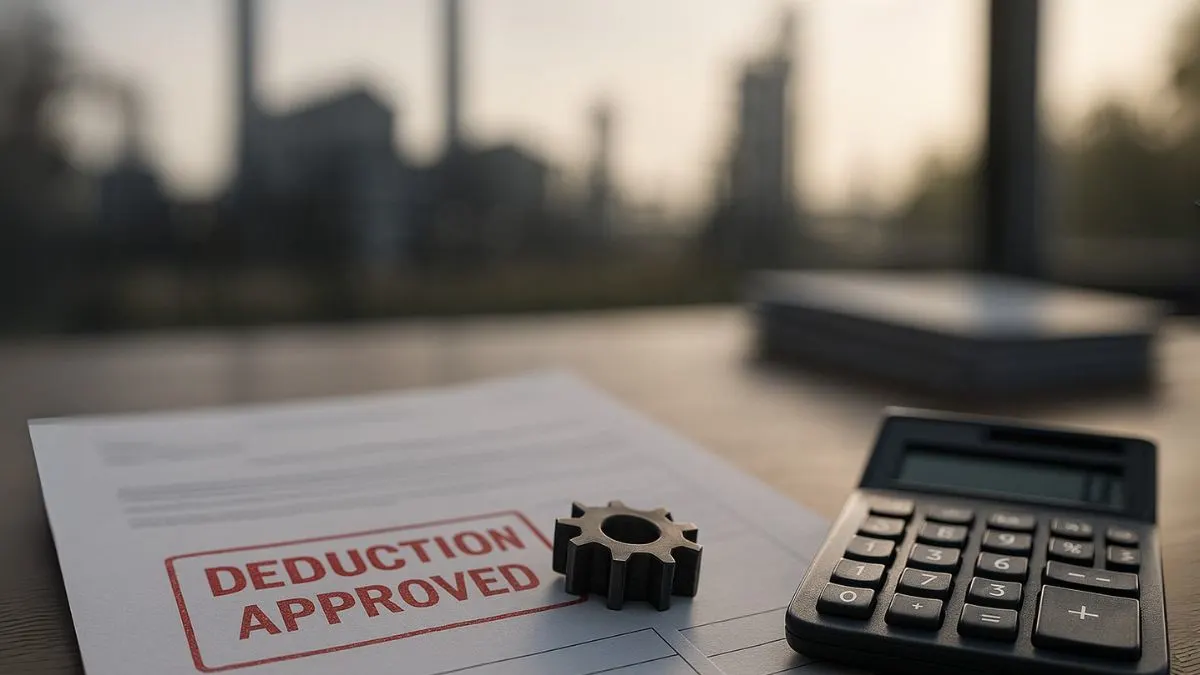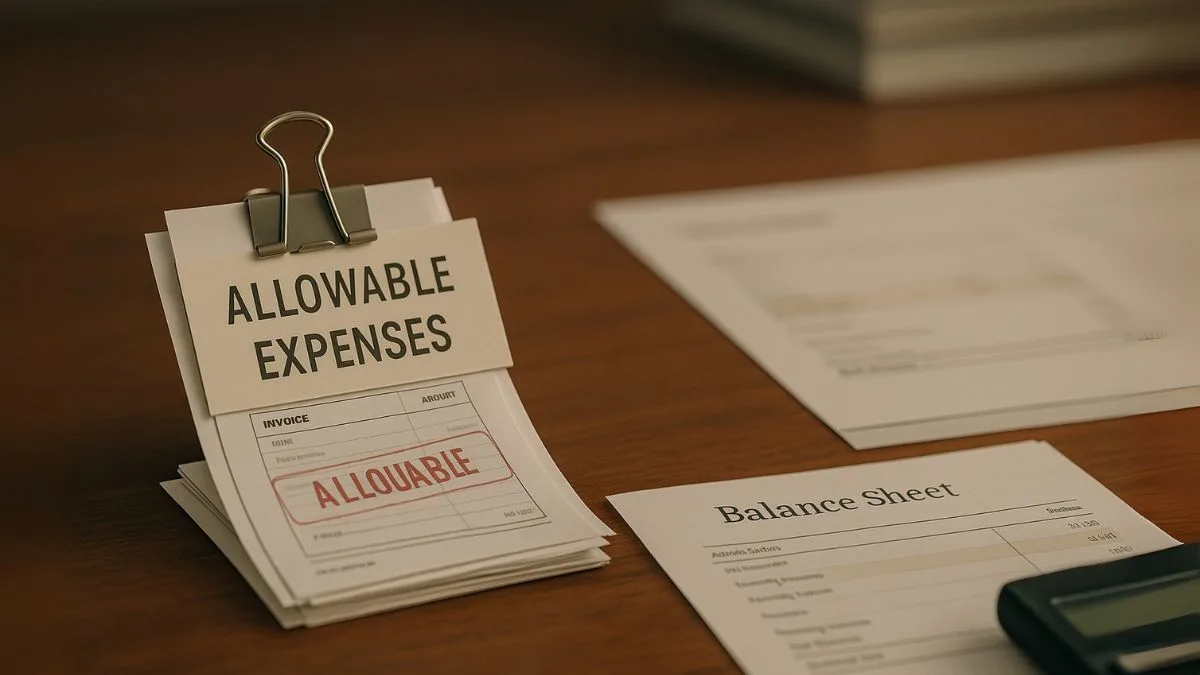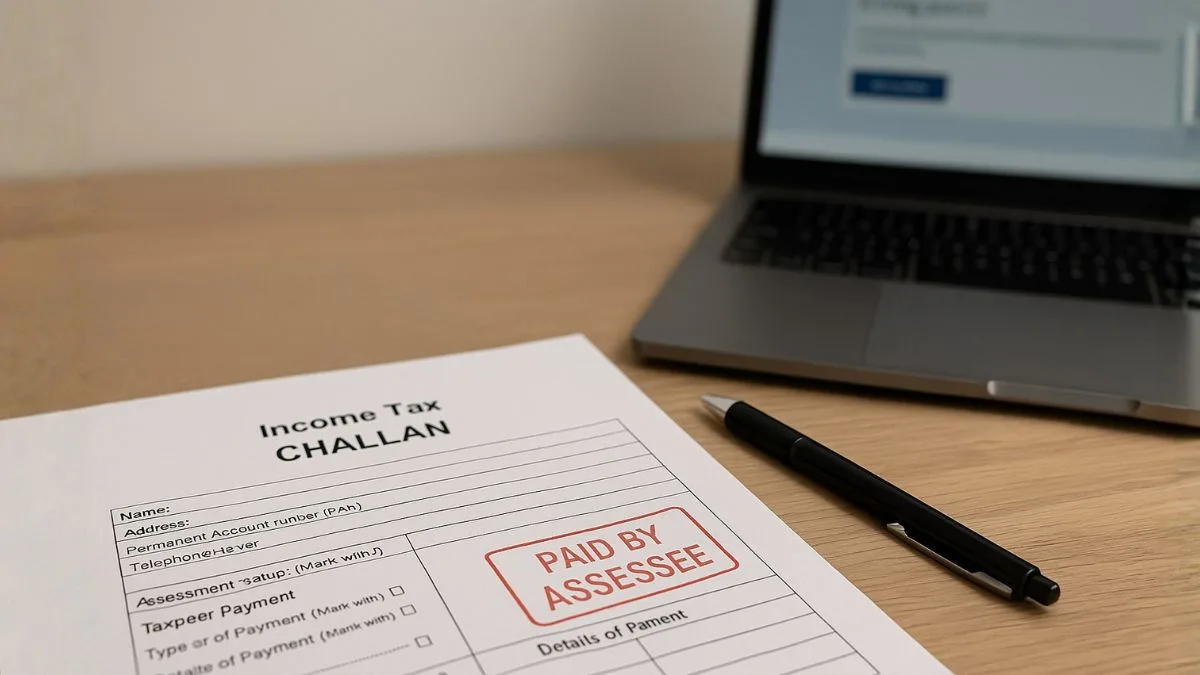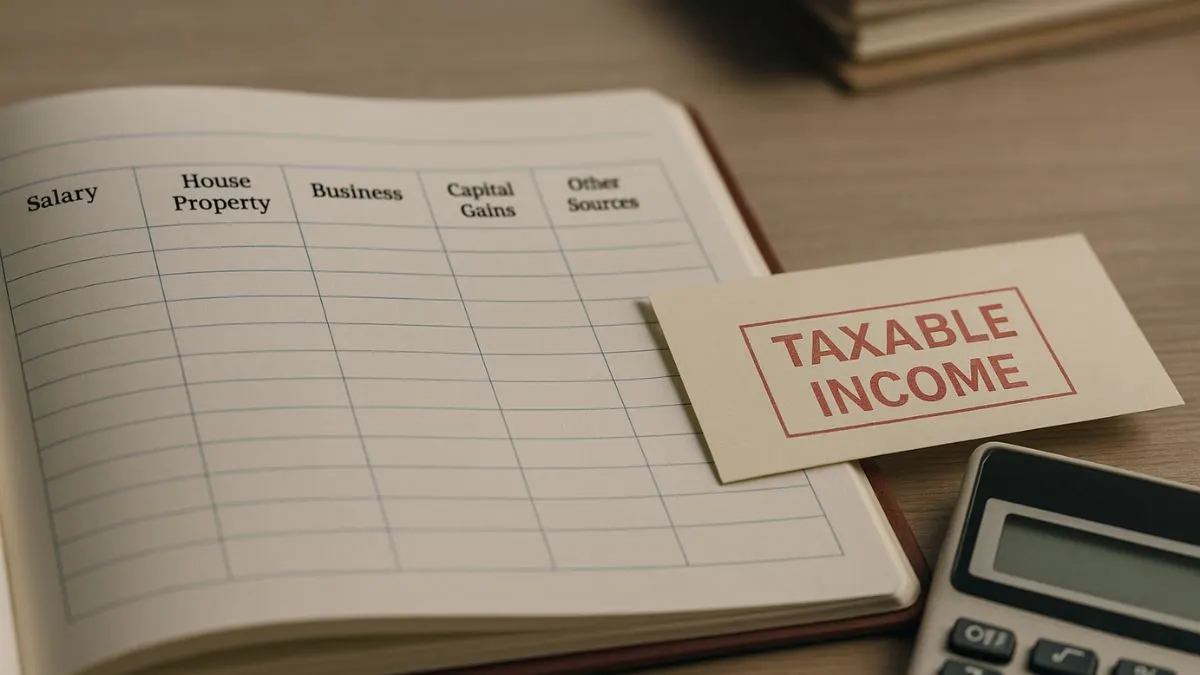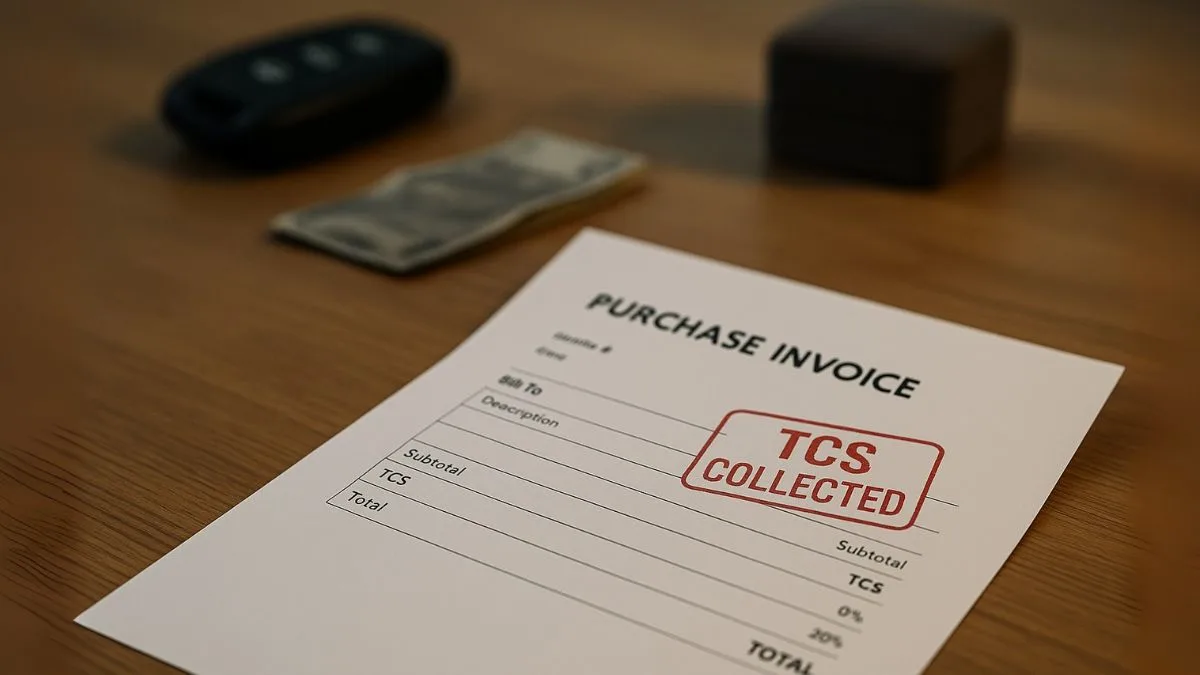
Imagine this. You run a small scrap yard. Business is fine, customers pay in cash, and books aren’t always neat. One day, a notice arrives: “Why haven’t you collected TCS under Section 206CE?”
This is not a made-up story. Many dealers in scrap, liquor, and forest produce have faced this.
Section 206CE of the Income Tax Act is designed exactly for such businesses. It requires certain eligible sellers to deduct Tax Collected at Source (TCS). Simply put, the law wants sellers to act like tax collectors on the government’s behalf.
What Does Section 206CE Cover?
The section applies only to a few categories. These include:
- 🍾 Alcoholic liquor for human consumption
- 🌲 Forest produce (other than timber & tendu leaves)
- ♻️ Scrap
- ⚖️ Other goods notified by the government
If your trade involves any of the above, you’re expected to add TCS to your invoice & hand it over to the tax department.
Why This Provision Exists
There’s a reason behind it.
Sectors like scrap and liquor are high-volume & cash-heavy. Tracking transactions later is difficult. By shifting the responsibility to sellers, the government ensures:
- Tax is collected upfront.
- There’s a financial trail in the books."
- Revenue leakages are plugged early.
In short, the law makes sure nothing slips through.
Also Read: TCS on Sale of Goods
How Does TCS Work in Section 206CE?
Think of TCS as a small extra charge that sits on top of your bill.
Here’s how it plays out:
- Seller raises invoice.
- TCS is added — a percentage fixed by the Act.
- Buyer pays price TCS.
- Seller deposits TCS with the government.
- Buyer later claims it as credit when filing ITR.
So, for the buyer, it isn’t an extra tax. It’s just an advance payment adjusted later.
Real-Life Example
Take Mr. Ramesh, a scrap dealer in Ahmedabad.
- He sells ₹15 lakh worth of scrap to a steel unit.
- Under Section 206CE, he must collect 1% TCS = ₹15,000.
- Invoice = ₹15,15,000.
- He deposits ₹15,000 with the IT Department.
- Buyer claims this as credit at year-end.
Now imagine if he forgets to collect. That ₹15,000 becomes his liability — plus penalties.
Compliance Checklist for Sellers
To stay safe, sellers must:
- ✅ Obtain a TAN (Tax Deduction & Collection Account Number).
- ✅ Collect TCS at the time of sale.
- ✅ Deposit it with the government before due dates."
- ✅ File quarterly TCS returns (Form 27EQ).
- ✅ Issue Form 27D certificate to buyers.
Miss a step, and you invite penalties.
Also Read: TDS, TCS, Motor Vehicles & More
TCS Rates Under Section 206CE (FY 2025)
|
Goods / Transactions |
Rate |
Who Collects? |
|
Alcoholic liquor |
1% – 2% |
Distilleries, liquor contractors |
|
Forest produce |
2.5% |
Sellers of notified produce |
|
Scrap |
1% |
Scrap dealers |
(Check latest CBDT circulars for updates before filing.)
Exemptions Under Section 206CE
There are exceptions:
- Sales made to Central or State Government.
- Purchases by public sector undertakings."
- Buyers who declare goods are for manufacturing or processing (not resale).
- Transactions notified later by the government.
These exemptions keep genuine industries free from unnecessary compliance.
A Short Story – The Scrap Dealer’s Lesson
In 2023, a small scrap dealer in Pune thought TCS didn’t apply to him. His turnover crossed the threshold quietly, and he skipped compliance. Months later, he received a demand notice — not only for the missed TCS but also interest & penalty.
The amount? Bigger than his actual profit.
That single mistake nearly shut down his shop. This is why Section 206CE is not just legal fine print — it’s survival for businesses.
Benefits of Section 206CE
- 🛡️ Reduces tax evasion in risky sectors.
- 📊 Builds financial transparency.
- 💰 Ensures government collects revenue early."
- 📑 Buyer gets credit, so no double taxation.
- 🔍 Easy for authorities to trace large transactions.
Also Read: Mandatory PAN Requirement and TCS at Higher Rates
Challenges for Businesses
But let’s be honest. It isn’t always smooth.
- Buyers resist paying upfront.
- Sellers struggle with paperwork.
- Small traders are often unaware of their obligations.
- Rate changes add confusion.
Yet, ignoring it is riskier. The law imposes heavy penalties.
Section 206CE in Quick Points
- Applies to liquor, forest produce, scrap.
- Sellers collect TCS, not buyers.
- Deposit with government via TAN.
- Exemptions exist (govt., PSUs, manufacturers).
- Penalty for non-compliance = heavy.
Comparison Table – Section 206CE vs Section 206C(1H)
|
Particulars |
Section 206CE |
|
|
Scope |
Liquor, scrap, forest produce |
Sale of goods > ₹50 lakh |
|
Collector |
Seller |
Seller |
|
Rate |
1% – 2.5% |
0.1% |
|
Buyer’s relief |
Tax credit available |
Tax credit available |
FAQs
Q1. Who collects TCS under Section 206CE?
Sellers dealing in alcoholic liquor, forest produce, and scrap.
Q2. Is TCS refundable to buyers?
Not refunded directly, but buyers claim it as credit in ITR."
Q3. Does it apply to all dealers?
No. Only sellers above threshold turnover, in specified goods.
Q4. What happens if a seller fails to collect?
They face penalties, interest, and in some cases prosecution.
Also Read: Tax Collection on High-Value Goods
Conclusion
Section 206CE of the Income Tax Act is a straightforward but powerful tool. It ensures that tax from profits & gains of liquor, forest produce, and scrap businesses is collected upfront, plugging gaps where revenue once slipped away.
For businesses, compliance may feel like extra work. But skipping it can mean interest, penalties, and notices that eat into your profits.
👉 Want expert help in handling TCS under Section 206CE? Visit Callmyca.com today — because compliance done right is always cheaper than a penalty tomorrow.

